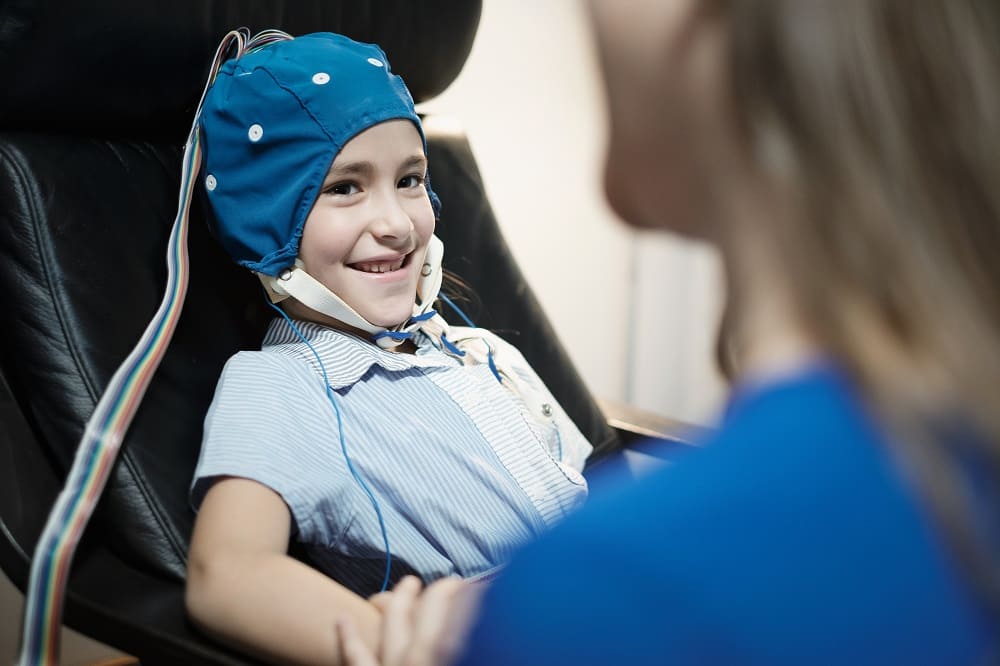Stress and Sleep
Sleep problems including insomnia are an excellent application of Peripheral Biofeedback and EEG Biofeedback (Neurofeedback). They are also among the major symptoms caused by stress. It is difficult to fall asleep while the body is tense or your brain and nervous system is in fight-fight-freeze (emergency) mode. It is difficult to fall asleep if you close your eyes and your brain is still too busy.
Not getting enough sleep is a problem for between 28.5% – 41.1% of adults in the USA according to CDC 2014 statistics. The term they use is “short sleep duration”, defined as less than 7 hours of sleep per night for adults (see CDC – Data and Statistics – Sleep and Sleep Disorders). People who have short sleep duration also have other health risks at a higher rate than others. Some of these shared risks include obesity, physical inactivity, alcohol use, and smoking. Short sleepers also reported these ten chronic disorders at a higher rate than those who get enough sleep:
- Heart Attack
- Coronary heart disease
- Stroke
- Asthma
- COPD (Chronic obstructive pulmonary disease)
- Cancer
- Arthritis
- Depression
- Chronic kidney disease
- Diabetes
Teenagers need even more sleep, 8-10 hours per night. A stunning two thirds of adolescents reported getting less than 8 hours. This can easily be related to the high incidence of anxiety and attention issues in student populations.
“Not getting enough sleep can lead to motor vehicle crashes and mistakes at work, which cause a lot of injury and disability each year. Getting enough sleep is not a luxury—it is something people need for good health.” CDC – Sleep Home Page – Sleep and Sleep Disorders.
Enough with statistics and quotes let’s just talk common sense. If the body, including the brain, needs sleep to restore energy, rest, and repair, doesn’t it make sense that if it isn’t getting it that there would be consequences? When this happens on a regular basis then it becomes chronic and compounds the problem.
EMG biofeedback can be used to help a person relax the muscles to get the body into a more physically relaxed state to promote sleep. Heart Rate Variability biofeedback can help to calm and balance the autonomic nervous system which is more ideal for sleep. I often notice, during biofeedback sessions, that clients begin to yawn and become drowsy while doing the slow, paced breathing that goes along with HRV biofeedback. I tell them to take note of that effect and suggest that they practice this kind of breathing before bedtime. Most report that it helps them fall asleep. EEG biofeedback (neurofeedback) can be used to decrease fast wave activity – beta and high beta and increase mid-range SMR (Sensory Motor Rhythm) and slower waves Alpha and Theta to promote sleep.
Improving sleep can be an important part of decreasing many physical and mental health symptoms and simply improving overall health and wellness as well as performance.
Harry L. Campbell
914-762-4646 – Harry@biofeedbackinternational.com
Author of What Stress Can Do, Available on Amazon.com
Biofeedback Resources International Corp.





